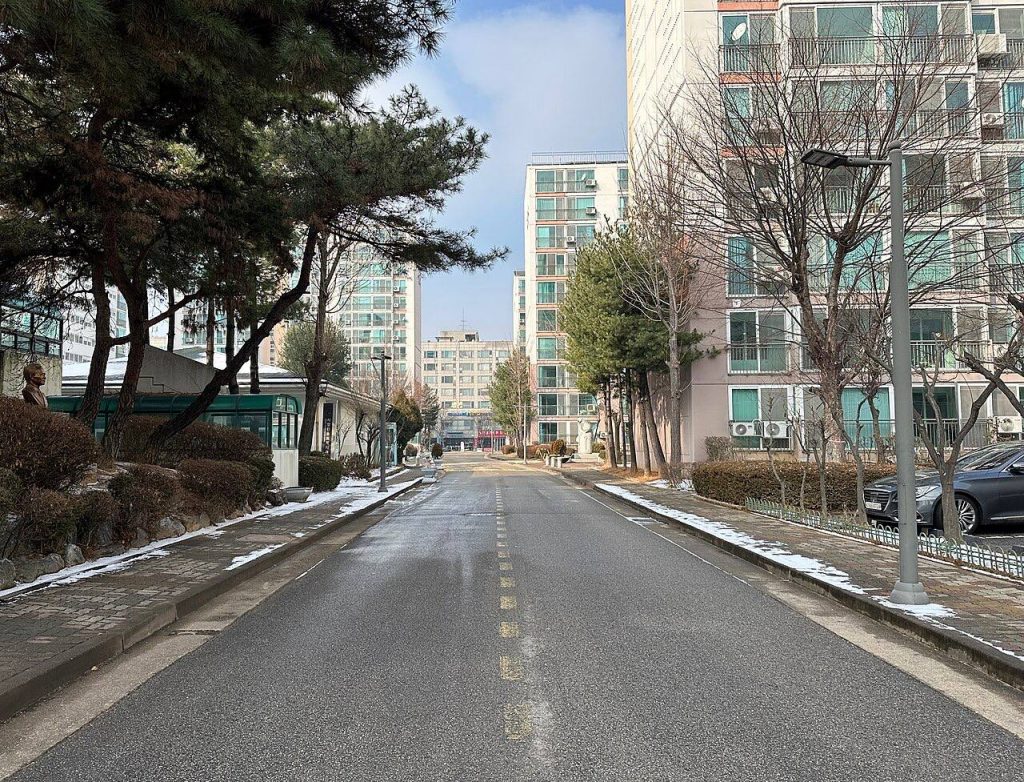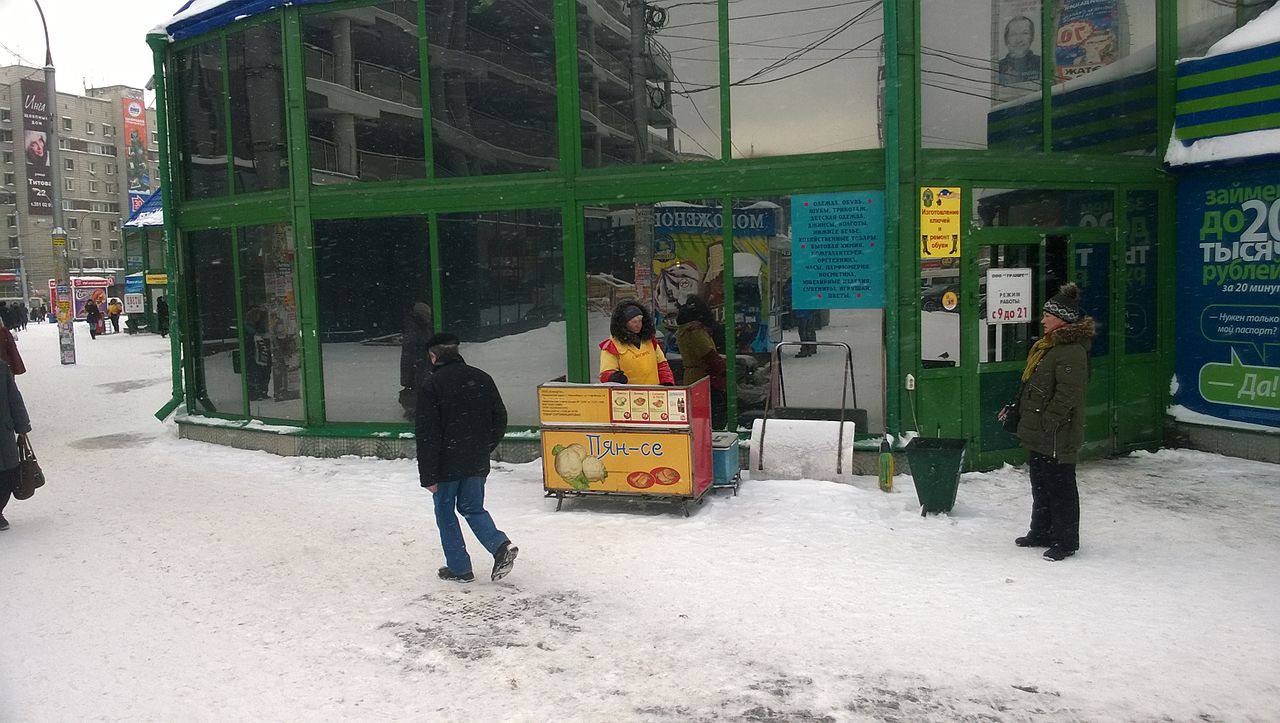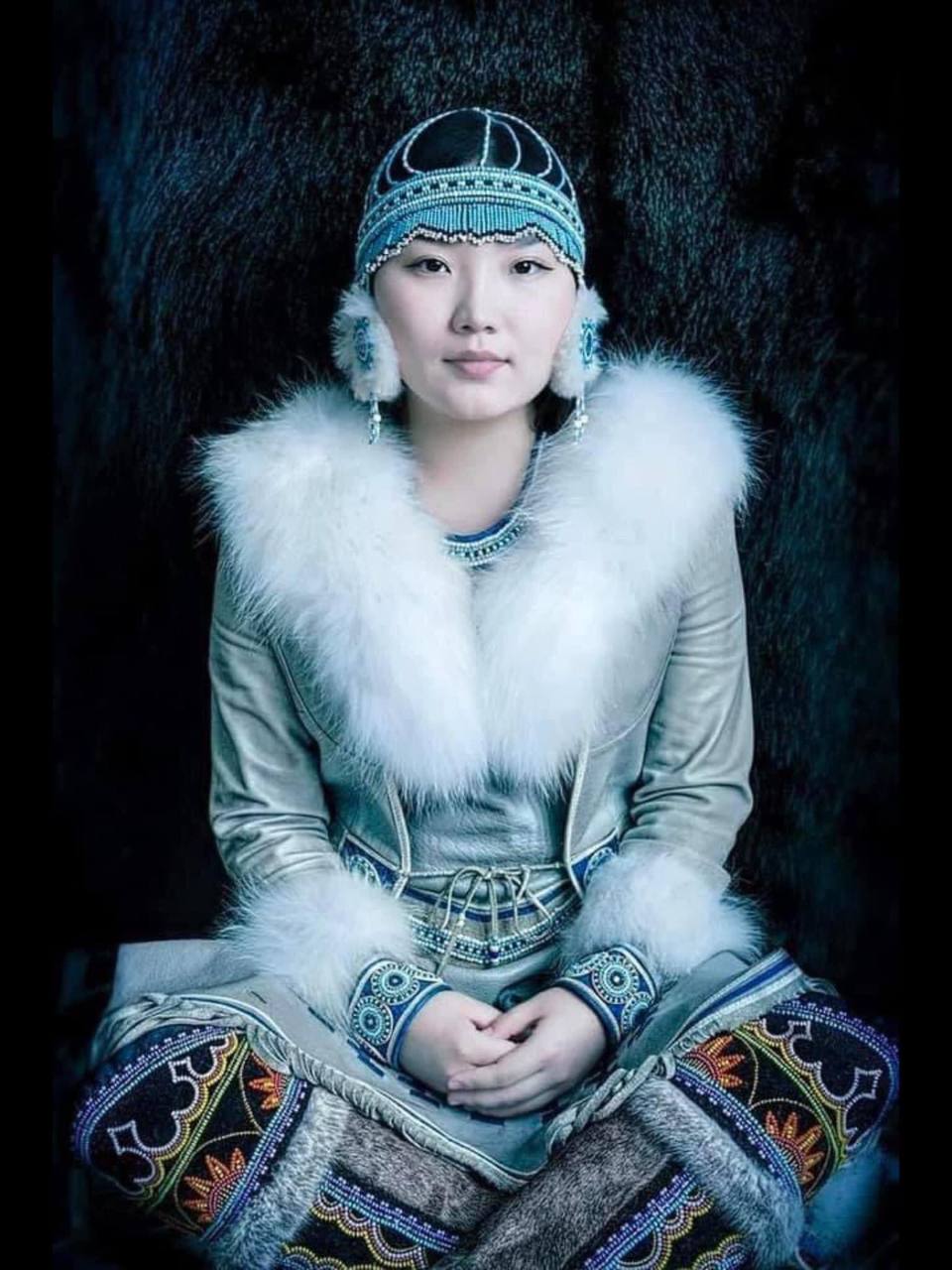The Sakhalin Koreans represent a unique and often overlooked community whose history reflects the broader narrative of migration, resilience, and identity.
Descended from Koreans brought to Sakhalin Island during the late 19th and early 20th centuries, largely as slaves they offer a fascinating insight into what the Korean identity means.
Click the links to learn about Yanji.
Historical Background: The Journey to Sakhalin
In the late 1800s, many Koreans migrated to Sakhalin under Japanese colonial rule, attracted by labor opportunities in the fishing, forestry, and coal industries. During this period, the Koreans of Sakhalin became a significant workforce, particularly during the Russo-Japanese War (1904-1905) when demand for labor soared.


However, the post-World War II era saw a drastic shift in the status of these Koreans as Sakhalin came under Soviet control. They faced discrimination, forced labor, and deportations, yet many chose to remain, forming a distinct community that has preserved their cultural heritage.
Authenticity and Cultural Preservation of Sakhalin Koreans
Due to their unique historical circumstances, some scholars and community members argue that the Sakhalin Koreans are among the most “authentic” Koreans, having retained their traditional customs and language despite decades of isolation.
Their commitment to cultural preservation is evident in communal activities, such as traditional festivals, music, and dance, as well as in the transmission of heritage to younger generations. This dedication fosters a sense of identity that resonates deeply within the community, allowing them to navigate their multifaceted existence.
To read about the population of “Korea” click here.


Migration Patterns: Returning to South Korea
In recent decades, some Koreans of Sakhalin have returned to South Korea, seeking better economic opportunities but often facing prejudice and discrimination. Many of these returnees encounter challenges in reintegrating into a society that perceives them as outsiders due to their different dialects and customs, which were shaped by their experiences on Sakhalin.
Conversely, many Koreans moved to the Democratic People’s Republic of Korea (DPRK) during the mid-20th century, seeking a unified Korean identity. Unfortunately, those who returned from the DPRK have faced their own set of obstacles, adapting to a regime and social structure vastly different from what they had known.
To read about the failure of reunification click here.


The Soviet Legacy: Stalin and Central Asia
Stalin’s regime implemented policies that relocated many Koreans from Sakhalin to Central Asia during the late 1930s and 1940s, part of a broader strategy of ethnic cleansing that affected various minority groups.
The repercussions of these policies are still felt today, as descendants navigate their complex identities within new social contexts. Many in the community continue to grapple with the dual legacies of displacement and adaptation, finding ways to honor their heritage while also engaging with the contemporary realities of their lives.
A Contemporary Perspective: The Spy Game
Today, Sakhalin is a complex geopolitical landscape, with North Koreans working in the area alongside the Sakhalin Koreans. This dynamic creates an environment ripe for espionage, particularly as various nations keep a close watch on developments in this unique intersection of cultures.
The presence of North Koreans adds an additional layer of complexity to the situation, as both communities must navigate the intricacies of identity and survival in a region marked by historical tensions and contemporary challenges.
Conclusion: The Sakhalin Koreans’ Legacy
The Sakhalin Koreans exemplify resilience in the face of adversity. Their cultural identity, shaped by migration and perseverance, continues to thrive amidst modern challenges. As the world becomes more interconnected, the story of the Koreans of Sakhalin serves as a reminder of the complexities of identity and the enduring power of culture.
YPT are currently planning further Sakhalin Tours, which will be displayed on our Soviet Tours page.





